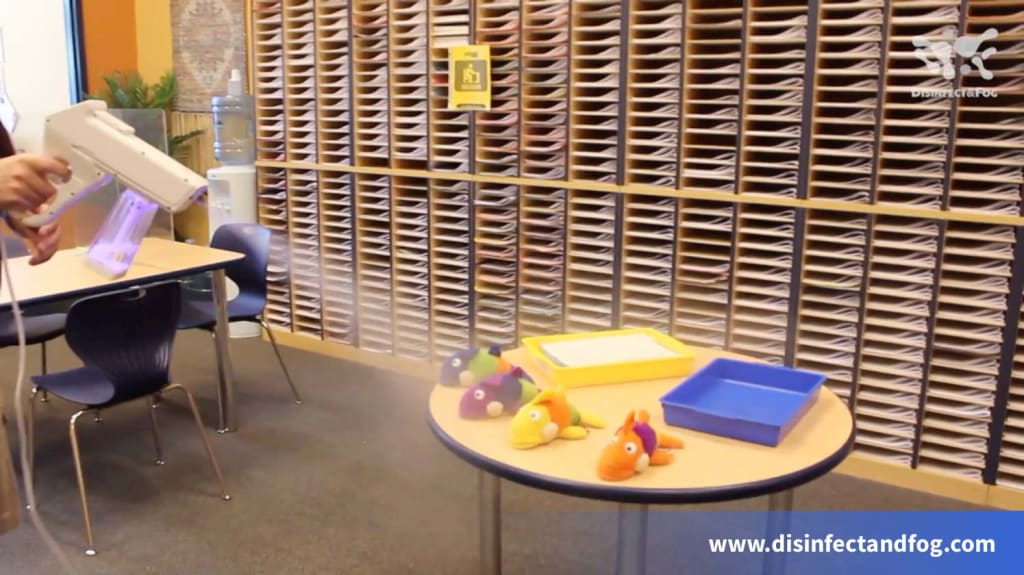Understanding the COVID-19 Variants
Covid 19 Variants

Since the very first case of COVID-19 was registered in Canada back in late January 2020, a lot has happened. Certain cities and provinces have been hit by the virus much harder than others, many families have lost loved ones, people have endured multiple periods of lockdown, and lately, the country is making good progress with its vaccine rollout, which is making many Canadians feel hopeful again. Unfortunately, there’s something else we need to add to the mix: COVID-19 variants.
What are they? Where did they come from? How can we protect ourselves against them? These are the questions we will attempt to answer in this article.
Why Are New Coronavirus Variants Emerging?
Viruses mutate, that is a fact. As explained by the Centers for Disease Control and Prevention (CDC) in the United States, “viruses constantly change through mutation, and new variants of a virus are expected to occur. Sometimes new variants emerge and disappear. Other times, new variants persist. Multiple variants of the virus that causes COVID-19 have been documented in the United States and globally during this pandemic.”
The reason behind viral mutations, according to the CDC, is that viruses are like growing trees, branching out and diversifying. Each variation is slightly different than the others, but they still come from the same tree. Because of this, not all variants spread at equal rates or respond to the same treatments, which is why bioscientists need to keep monitoring them very closely.
Up until recently, all known variants of coronavirus were called by the name of the country where they were first detected, but that is no longer the case. As a strategy to avoid people from stigmatizing these nations and their citizens, the World Health Organization (WHO) determined that variants will now be named using letters from the Greek alphabet.
Following this order, the current COVID-19 variants will be known as Alpha (variant B.1.1.7, originated in the United Kingdom), Beta (variant B.1.351, originated in South Africa), Gamma (variant P.1, originated in Brazil), and Delta (variant B.1.617.2, originated in India).
Among these variants, the B.1.617, declared by WHO as “a global concern” in early May, is the one that is present in Canada, and it seems to be spreading fast. CTV recently reported that from May 12 to May 19 “Public Health Ontario (PHO) said the number of known positive cases of the B.1.617 coronavirus variant grew from 45 to 260. It is almost certainly even higher today.”
How Can We Protect Ourselves Against the COVID-19 Variants?
As new variants of coronavirus keep emerging, it is clear that the best way to protect ourselves is to keep wearing face coverings when in close proximity to others, especially in enclosed spaces; continue ventilating spaces as much as possible, naturally or mechanically; and keep on disinfecting all the high-touch surfaces we have a contact within our daily lives using hard surface disinfectants known to be effective against COVID-19 and other viruses.
There are, of course, dozens of hard surface disinfectants and hand sanitizers out there, but not all of them are reliable. To know which ones are, it is best to consult the list of disinfectants with evidence for use against COVID-19 posted by the government of Canada a while ago. It includes all disinfectants that have been registered under a drug identification number (DIN) and that are currently approved to be commercialized in the country. These products have been evaluated and there is evidence that supports their effectiveness against, SARS-CoV-2, the virus that causes Coronavirus.
As we explained at the beginning of this article, variants of a virus are different from one another, but just like branches of a tree, they all come from the same source. Therefore, it can be safe to assure that a disinfectant that has been proven to be effective against the first variant of the virus, is very likely to be effective against the new ones. So, unless the government states otherwise, people can keep practicing the same cleaning and disinfection measures against the new variants of COVID-19, as long as they make sure to use authorized disinfectant products identified with a DIN, for extra safety.
Best Disinfectants Against the New COVID-19 Variants
Of all the disinfectant products indicated on Health Canada’s list, the one we recommend the most is Ultra-Lyte (DIN 02362546), which is a spray-on sanitizer and disinfectant with powerful antimicrobial properties. Its active ingredient is hypochlorous acid, a compound that is also produced by humans in white blood cells to fight infections and promote healing, which is why this product is non-irritant to skin, lungs, or eyes, and it is safe to use around pets and plants.
Apart from being effective against the Human Coronavirus, Ultra-Lyte has also been proven to be effective against Norovirus, Escherichia coli, Listeria, Salmonella, Staphylococcus, and Influenza A (H1N1). To get the best results, the solution should be given 10 minutes of contact time after application and then allowed to air dry.
Ultra-Lyte is recommended for disinfecting and sanitizing surfaces and spaces in hospitals, nursing homes, medical facilities, commercial, institutional and industrial settings, as well as meat and poultry plants. Additionally, it can be used on food contact surfaces such as counters and tables, and to pre-clean or decontaminate critical or semi-critical medical devices prior to sterilization.
Source: https://www.disinfectandfog.com/blog/understanding-the-covid-19-variants





Comments
There are no comments for this story
Be the first to respond and start the conversation.